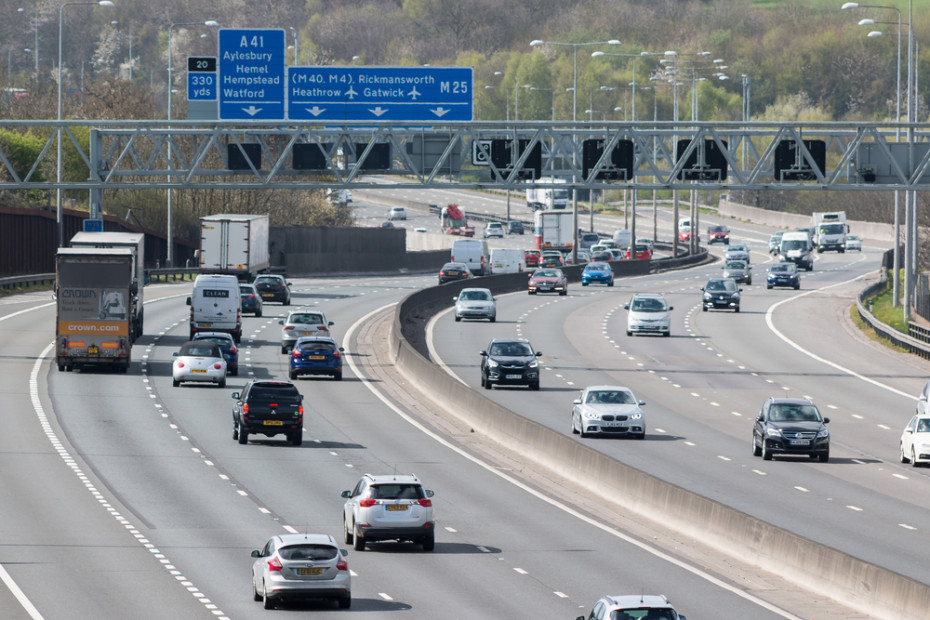
Image Credit: Shutterstock.com/Jarek Kilian
Connected vehicles (CVs) have inspired so much digital ink, it’s easy to forget autonomous vehicles (AVs) aren’t the only digital innovation revolutionizing the auto industry. Nor, in fact, are they the first. CVs have been on our roads and highways for the better part of decade, and most newer vehicles feature some form of connected technology.
Bluetooth connectivity, for example, is a common feature found in most vehicle packages today. However, car manufacturers and tech companies are planning for much bigger things, including advanced communication, automation and analytics in vehicles. This means in-vehicle Wi-Fi, built-in cellular connections and vehicle-to-vehicle communications will become more mainstream.
Ford and Toyota, for example, are pioneering software that facilitates better communication between a vehicle’s internal computer with a consumer’s smartphone, The Register reports, in order to compete with solutions created by technology companies. BMW is working with tech companies to integrate smart home functionality into their vehicles with capabilities like remotely locking/unlocking doors and adjusting thermostats.
In effect, the auto industry is witnessing a fundamental shift: it’s moving from a manufacturing-focused model to a digital platform-focused model.
This requires a great deal of cooperation across the auto and technology industries. In fact, companies like Mircosoft, Waymo, Uber, Lyft and many others are working to provide the digital foundation auto manufacturers need to build connected and automated cars.
But the advancement of these initiatives is unclear. The connected car still has to overcome many barriers, from consumer trust to public infrastructure support, before it can be considered a success.Here are the five major barriers facing the future of connected cars:
1. Trust and adoption
Consumers are rightfully skeptical of AVs and CVs operating, to any degree, under their own influence today. These technologies, while proven in some scenarios, are still being tested and cannot be considered safe in all driving conditions. What’s more worrisome is that, according to PBS, some consumers may misinterpret the enhanced cruise control features found in today’s CV/AV hybrids for full-automation, resulting in crashes and headlines overhyping the dangers of connected and autonomous vehicles.
While those worries will subside as technologies are improved, other problems may surface. Consumers renting connected cars, for example, may have to worry over the digital security of connected vehicles they rent or use in car-sharing services, in which their devices or identity could be at risk due to lack of integration or privacy controls by manufacturers. These concerns could, possibly, invite an industry or government-sanctioned watch dog to oversee privacy standards in connected cars.
Key question: How can a watch dog could be established, and who will establish it?
2. Data ownership
Data is at the heart of the success of connected and automated vehicles. It’s also one of the biggest potential pain points for consumers and manufacturers alike. Auto manufacturers and their technology partners stand to make a great deal of profit by monetizing the data collected by connected vehicles with other abilities like targeted ads and services. But the…
The post 5 major barriers facing the future of connected cars appeared first on FeedBox.